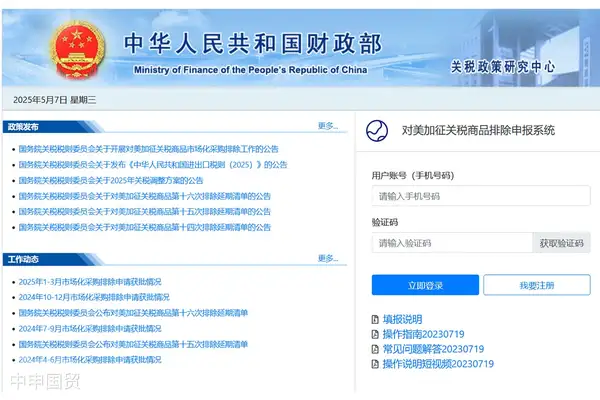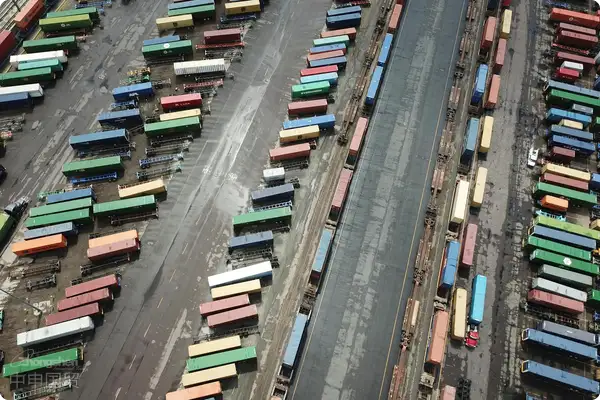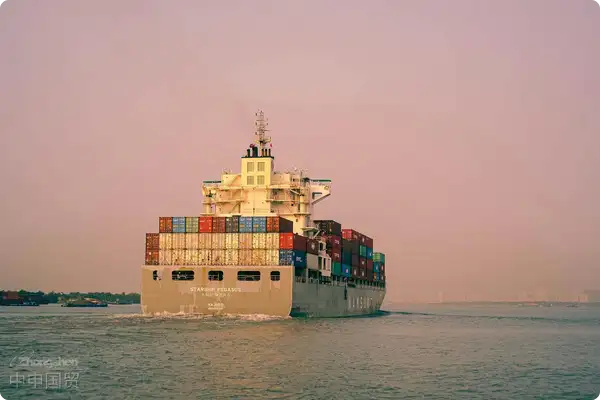- Shanghai Zhongshen International Trade Co., Ltd. - Two decades of trade agency expertise.
- Service Hotline: 139 1787 2118
On Tuesday evening (21st), the European Union Chamber of Commerce in China released a statement on its official X account, citing internal sources that China may consider raising temporary tariff rates on imported cars equipped with large-displacement engines. This potential move is expected to significantly impact European and American car manufacturers, especially in the context of recent trade actions by the US and Europe against Chinese electric vehicles.
Hong Kong media South China Morning Post reported on the 22nd that this move is seen as Chinas countermeasure against trade actions taken by the US and Europe targeting Chinese electric vehicles. Previously, Liu Bin, Chief Expert at the China Automotive Technology and Research Center and Deputy Director of the China Automotive Strategy and Policy Research Center, had revealed related content in an interview. The European Union Chamber of Commerce in China also cited his statement in its declaration, noting that under WTO rules, China could consider raising temporary tariff rates to up to 25% for imported gasoline cars and SUVs with engine displacements exceeding 2.5L.
Liu Bin emphasized that this adjustment proposal reflects Chinas determination to achieve its dual carbon goals and accelerate green development, and it complies with WTO rules and market economy principles, fundamentally differing from the protectionist measures taken by certain countries and regions.
According to the report, China imported approximately 250,000 cars with engine displacements exceeding 2.5L in 2023, accounting for 32% of total car imports. Imported large-displacement engine cars also accounted for 80% of Chinas large-displacement engine car consumption. If China raises temporary tariff rates, it will significantly impact cars imported from the EU and the US.
This move will undoubtedly impact luxury car manufacturers in Europe and the US. Germany is the primary luxury car producer in Europe, with brands like BMW, Mercedes-Benz, and Audi enjoying a broad consumer base in the Chinese market. Higher tariffs will directly affect sales of these brands, forcing them to adjust pricing and sales strategies in the Chinese market. Meanwhile, US brands such as Tesla, Ford, and General Motors will also be affected, particularly those relying on large-displacement engine luxury models.
The statement by the European Union Chamber of Commerce in China has drawn widespread attention. Analysts point out that Chinas move is not only a response to trade measures by the US and Europe but also aims to drive the transformation and upgrading of the domestic automotive market, promotingNew energythe development of new energy vehicles. Raising tariffs on imported large-displacement engine cars will help reduce imports of high-emission vehicles and push the market toward environmental and low-carbon development.
At the same time, this move is seen as a legitimate response measure taken by China within the framework of international trade rules. Under WTO rules, China has the right to adjust tariffs within a certain range to protect its domestic market and industries. In contrast, the protectionist measures taken by the US and Europe against Chinese electric vehicles are considered to violate free trade principles.
Related Recommendations
? 2025. All Rights Reserved. Shanghai ICP No. 2023007705-2  PSB Record: Shanghai No.31011502009912
PSB Record: Shanghai No.31011502009912










